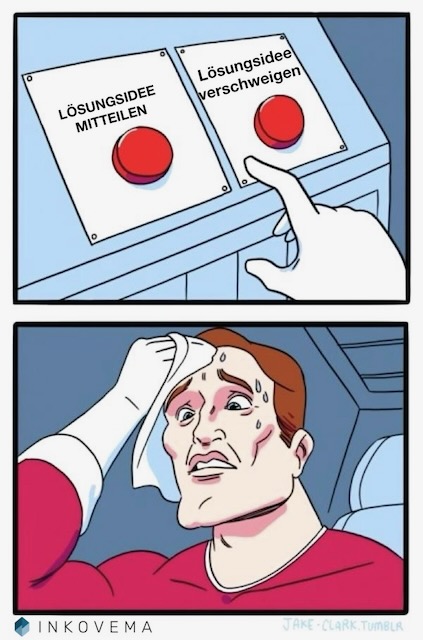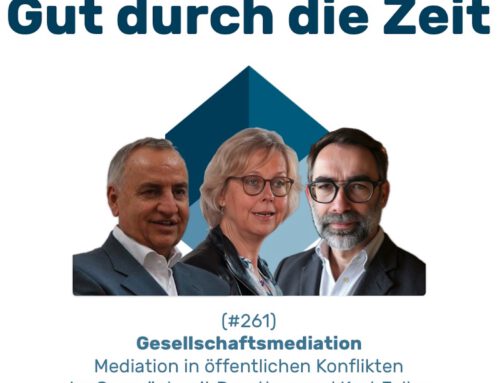The evaluative mediation style (3/4) – Mediation appropriateness of evaluative mediation activities
Mediation principles frame evaluative mediation services.
Blog series on evaluative mediation
- Evaluative mediation services. Evaluative and proven activities of mediators in mediations
- Legality of evaluative mediation activities.
- Mediation appropriateness of evaluative mediation activities. Mediation principles as a framework for evaluative mediation services.
- Opportunities and risks of evaluative mediation services. Do it!
Introduction
In the preceding Share have I explained, which Tasks in Mediations assessing (evaluating) are and that them according to the German Mediation Act Legitimate are.
Now shall shown become, that these Tasks in the Reason taken also mediative are. The means not simple, that each Range of solutions hasty Acceptable is, but that Mediators more do, as only Proposed solutions to present. You Go more, by them the Communication between the Parties to the conflict Moderate and on one constructive Level hold.
What is the mediation problem in evaluative activities?
The overarching basic principle of personal responsibility of the parties involved is decisive in mediation.
However, if there is no doubt that the parties will not adapt, but (would) take up the ideas and solutions in an inspired manner and process them on their own responsibility, there is no reasonable reason for the mediator to withhold those ideas and solutions. There is no limitation by the mediator in relation to conflict parties acting on their own responsibility.
It can therefore be said that the mediator's scope for effectiveness is part of mediation as long as the parties to the conflict do not see themselves restricted or have to act in an adaptive manner.
Consequences for mediation
- When the Mediator Guard rails points out, within of which the Closing agreement lie must, arise hardly Doubts, whether this to the Mediation belongs to. The applies especially for Guard rails, the outside of the sphere of influence the Parties to the conflict lie.
- Confronted the Mediator erroneous Performances the Parties about such Boundaries, remains this Unproblematic, as long as the Boundaries not one-sided imposed are. Different behaves it itself, when one Party Boundaries names and the Mediator on it points out. This could his Neutrality jeopardise.
- Presented the Mediator Solution approaches, touches he the Principle the Personal responsibility and must vigilant be. Paths to show, is not simply neutral communication, but always includes also, a (weak) Appeal to send. This becomes particularly clear with Schulz von Thun's 4-ear model. Decisive is the Reception the Message. The Mediator must ensure, that the Parties do not listen to their appeal ear, before he Solution approaches presents.
The 4–Ears–Model from Schulz from Thun shows, that one sustainable Hypothesis and artistic Intervention necessary are, at Solutions in such a way as to offer them for their own examination. The Mediator should always several Paths present and these as hypothetical Scenarios introduce, at the Personal responsibility to true.
- Presented the Mediator Solution ideas, must he on it pay attention, that the Parties these not simple take over. The Danger exists, that them the Mediation fast finish want. Solution ideas as Target proposals can the contractually agreed Goals the Mediation jeopardise and should avoided become. The Mediator must ensure, that his Interventions the Personal responsibility the Parties Respect and them not influence, before them own Decisions meet.





Leave A Comment